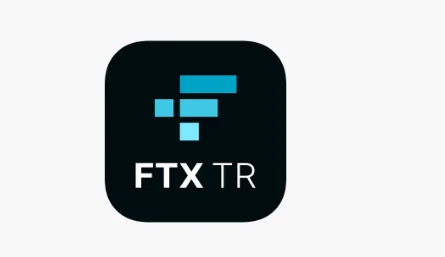Bankrupt crypto exchange FTX is seeking to remove Turkish units from its bankruptcy case as it does not suppose the Turkish authorities will cooperate after the seizure of local assets in November 2022.

FTX crypto exchange in a court filing on Friday said that Turkish authorities are unlikely to abide by orders from American courts and that it is thus attempting to exclude Turkish operations from the purview of its bankruptcy case.
On November 11, FTX filed for bankruptcy in the United States, and its new owners are now working to wind up the affairs of as many as 134 businesses throughout the globe.
After FTX filed for bankruptcy, Turkish law enforcement opened an investigation into its operations, and on November 23 they ordered the confiscation of almost all of its assets, rendering it impossible, according to the new U.S. management, to incorporate them in broader restructuring plans.
In a document submitted to the Delaware bankruptcy court, FTX stated that “the orders entered by this Court do not have a legal or practical effect in Türkiye and the Debtors have no reason to believe that the Turkish government will comply with this Court’s orders.”
Because of this, “the Debtors are unable to exert adequate control over the Turkish Debtors’ operations in order to fulfill their obligations under the Bankruptcy Code.”
The request relates to SNG Investments, a fully owned subsidiary of FTX Trading Ltd.’s trading arm Alameda Research, and FTX Turkey, a local exchange that the parent company FTX Trading Ltd. owns 80% of.
Both are characterized as “not strategic” within the corporate group in the filing, with the majority of their assets and operations concentrated in Turkey.
According to Turkish law, the parent company still has options, and some Turkish creditors have already begun bringing individual lawsuits in regional courts, according to the filing.
Because of their mistrust of regional banks and the weakening of the Lira, employees frequently deposit their paychecks into the business, according to a previous report.
The matter is scheduled for a hearing on March 8. In order to ensure their representation in the case, non-U.S. creditors of the exchange formed a committee that has the authority to intervene in the proceedings out of concern that they might be overlooked by U.S. proceedings.
